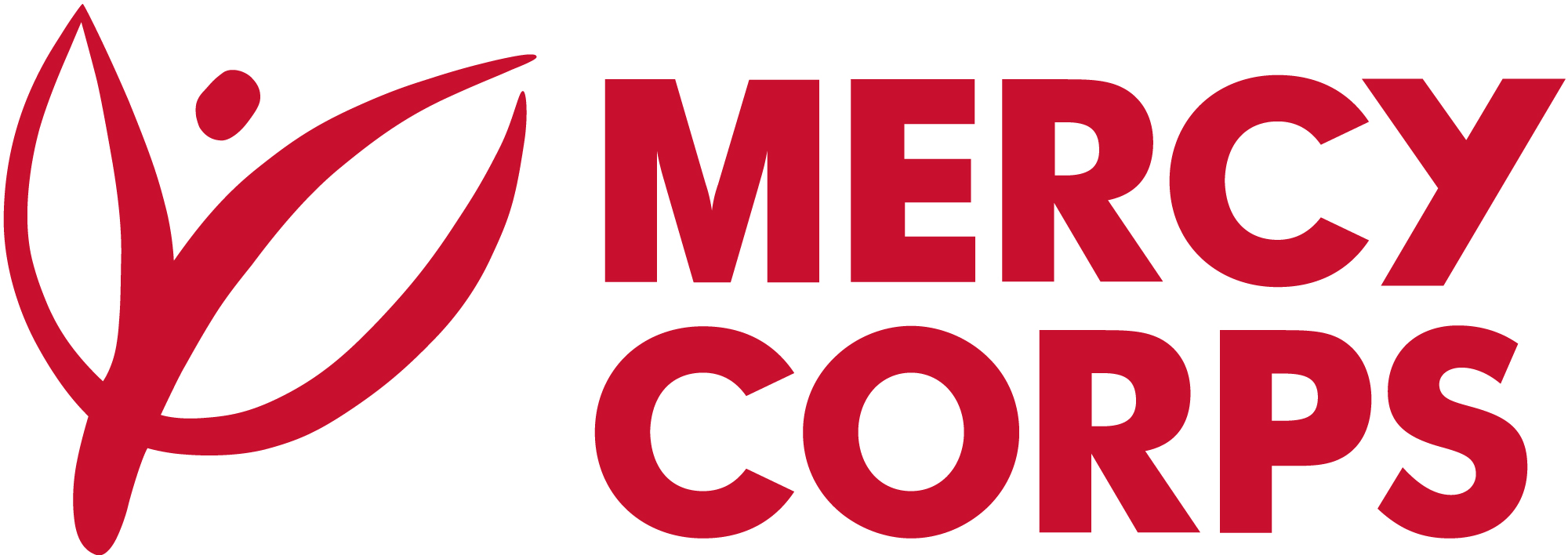Key Takeaways:
- The Israeli military did not fully withdraw from southern Lebanon by February 18 – the deadline for Israeli forces to leave Lebanese territory in accordance with the cessation of hostilities (CoH) agreement. Instead, Israeli units have retained positions on five hilltops near or along the southern border. Hezbollah has publicly rejected the continued presence of Israeli troops in Lebanese territory but has not threatened to take direct military action, stating that it will respond on its own terms.
- Despite the CoH remaining in effect, Israeli airstrikes intensified in February. Since November 27, Israel has conducted 177 airstrikes in Lebanese territory, including 100 north of the Litani river. Ninety-seven people have been killed and 296 wounded by Israeli fire since the start of the CoH on November 27, 2024.
- Widespread destruction in the south has left nearly 99,000 people displaced, with essential services like water, electricity, and healthcare severely damaged. Local officials have warned residents about the dangers of unexploded ordnances, as seen in Teir Harfa, where four returnees were killed by a hidden mine.
- On February 26, Lebanon’s new government secured the backing of 95 out of 128 MPs. Hezbollah MPs voted for Prime Minister Nawaf Salam’s cabinet, despite its ministerial statement omitting any mention of the “resistance” – a departure from past governments.
- On February 6, Syrian forces launched an operation in the Syrian village of Hawik, which escalated into four days of clashes with Lebanese clans whose members reside in the area. The fighting resulted in casualties on both sides and Syrian forces also shelled Lebanese territory. On February 7, the presidents of Syria and Lebanon agreed to coordinate efforts to control the situation, and by February 10, the Lebanese Armed Forces (LAF) had deployed to the northeastern border region.
- President Joseph Aoun met with Saudi Crown Prince Mohammed bin Salman in Riyadh to discuss strengthening bilateral relations, support for the LAF, and economic cooperation, including resuming Lebanese exports to Saudi Arabia. Aoun also secured pledges of military and economic support from Qatar, Jordan, and Egypt at an emergency Arab summit in Cairo.
By Crisis Analytics Team, Mercy Corps Lebanon



